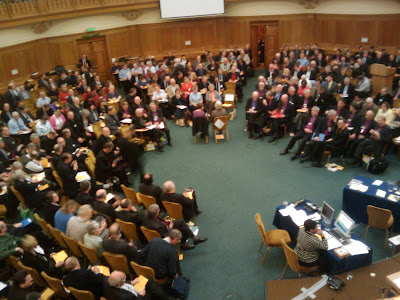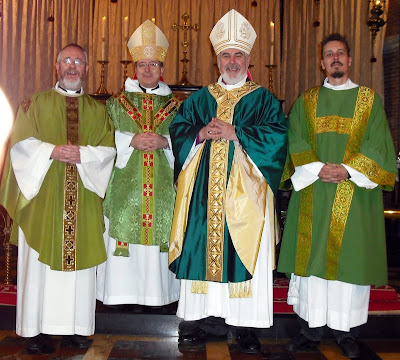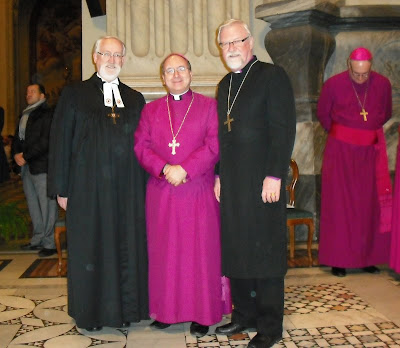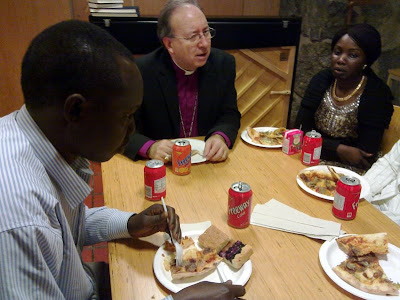February 2012 Book Reviews
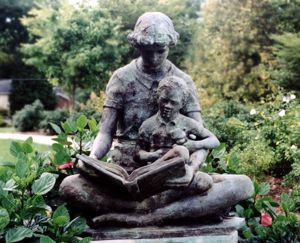
Here is a selection of books reviewed for February. The Archbishop of Canterbury's 2012 Lent Book Love Unknown, is among them. Useful Lenten reading for those of us in consumer societies will also be found in the volume by Laura Hartman. In addition there are meaty theological works on several topics: how we may have misread St Augustine, missiology (important for our Diocese), the Cross and Resurrection and Liturgics. There are two challenging works on the place of religion in society, one looking at the erosion of its place in the West, and another on the role of the Established Church. We can read the latter with a certain objectivity, as we live in the part of the Church of England that is not estabished by law! (Except perhaps in Belgium, but now we're getting complicated...!) As usual I am indebted to Dr Martin Davie, the Bishops' Theological Advisor, for these reviews. Bonne lecture! For the reviews press the read more button.

